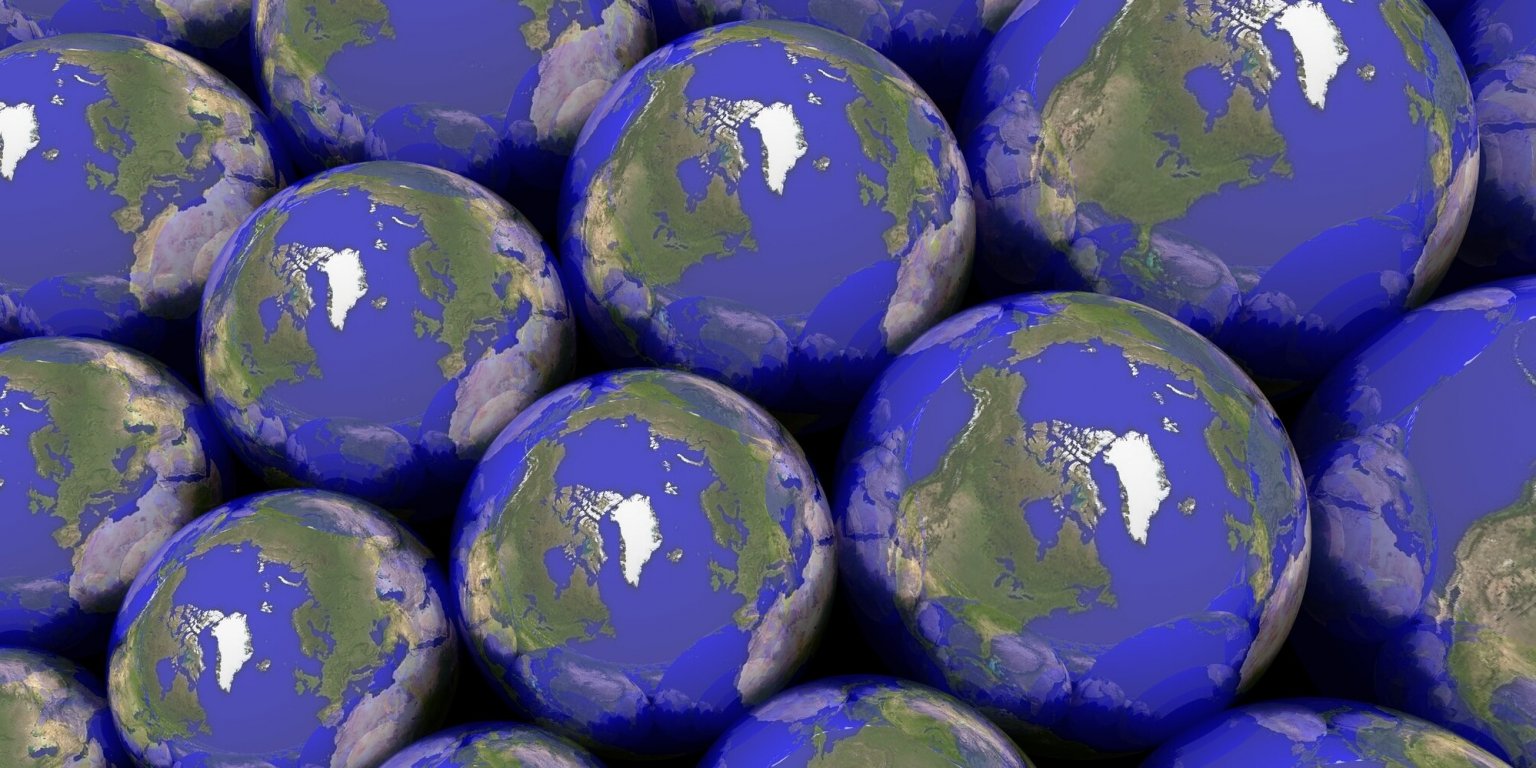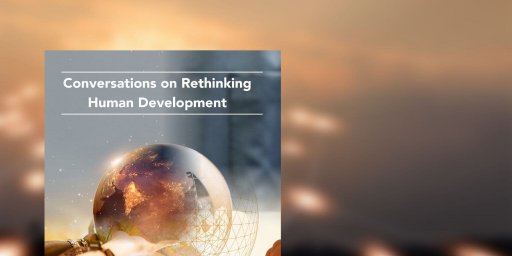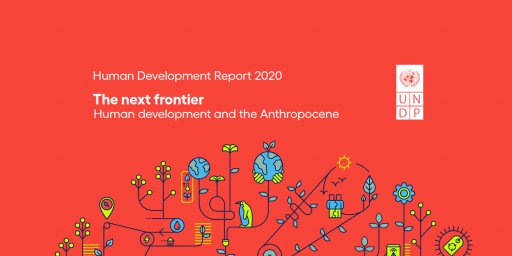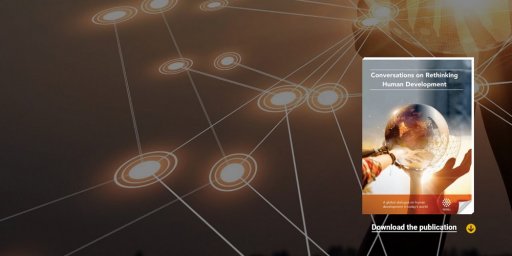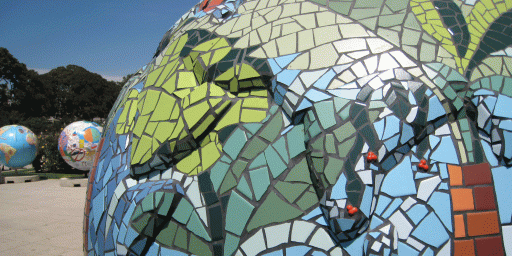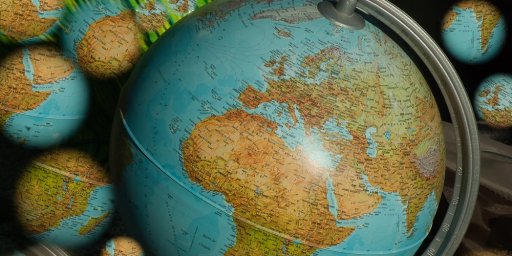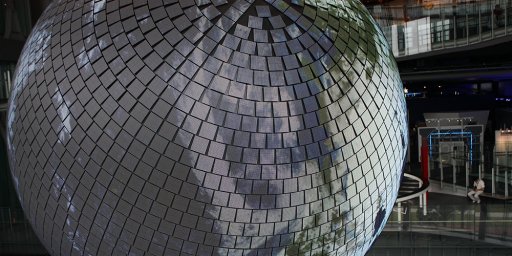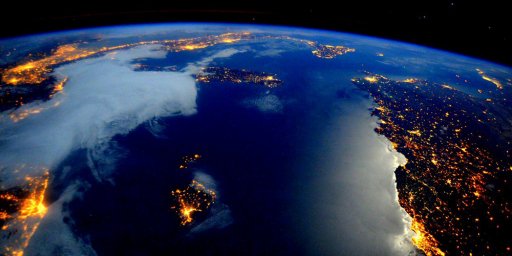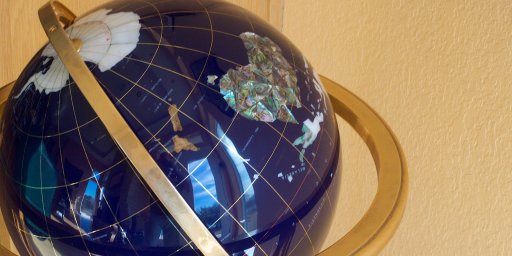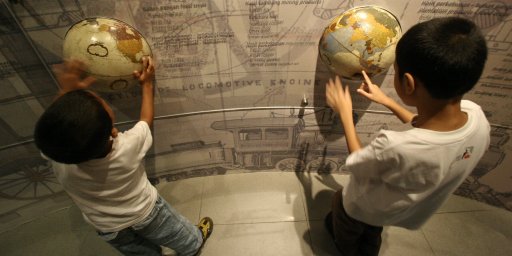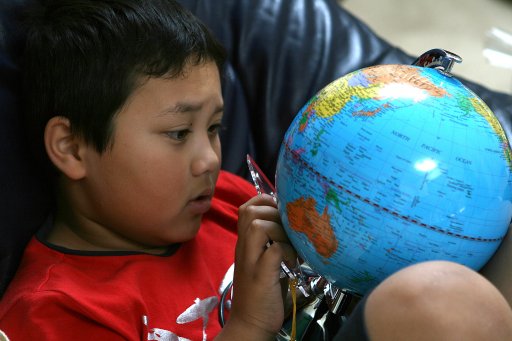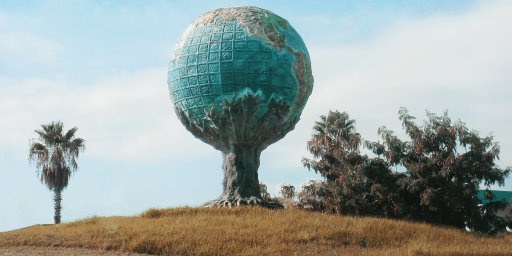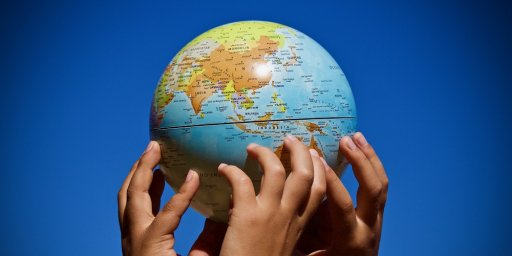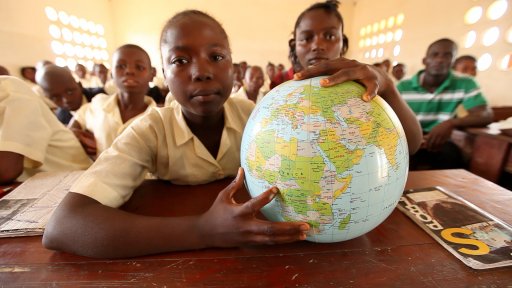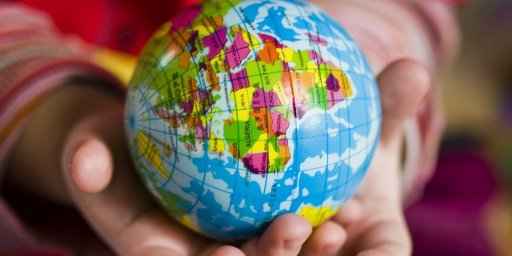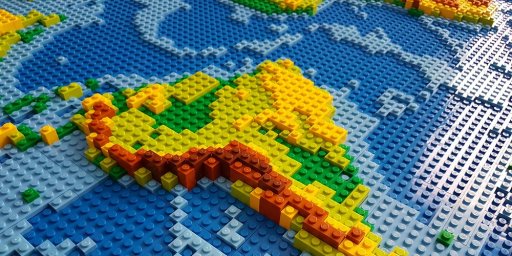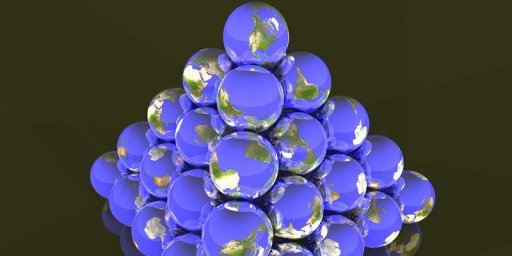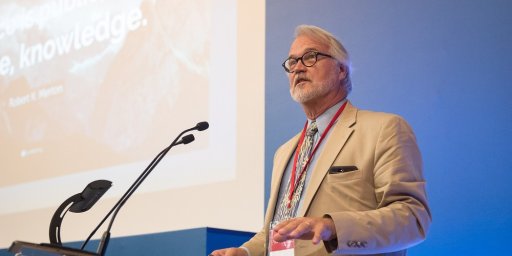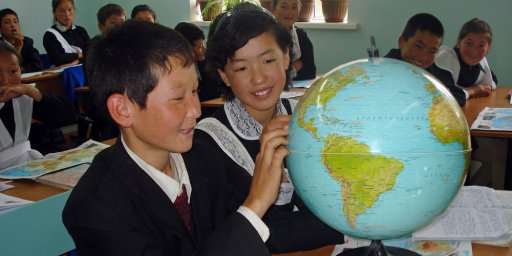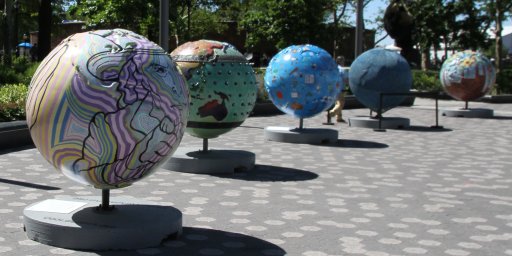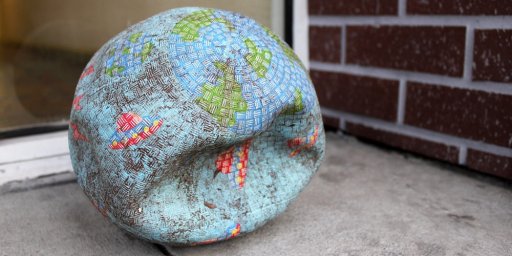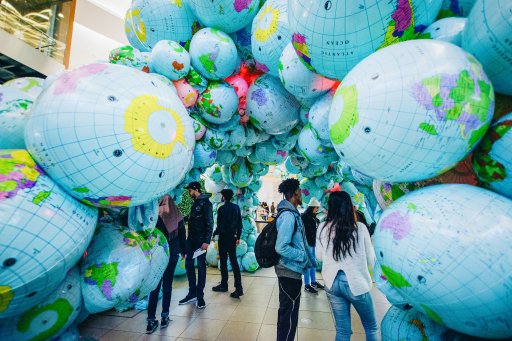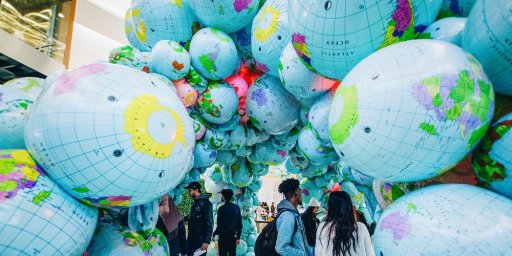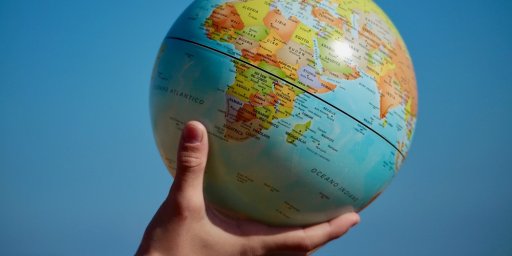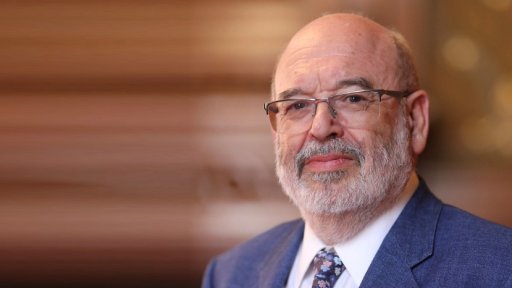You have done a lot of work investigating the power of ideas in the UN system. How could we rethink our conceptual understanding of human development?
In my work with Morten Bøås , Global Institutions and Development: Framing the World?, we explored the lives of certain ideas like sustainable development, the informal sector, social capital and human development. We showed that these ideas have had great impact in two senses: they have influenced what we think about and they have also influenced how we think about these things. In our analysis, we established that the concept of human development has been very successful, partly because of institutional backing from the UNDP and the annual Human Development Reports. UNDP has a clear definition of human development and the accompanying Human Development Index (HDI), which have served as powerful tools to counteract a narrow focus on gross domestic product (GDP).
However, there are certain dangers with these concepts. One danger is that they often get extended and blurred; additions of new dimensions over the years lead them to lose meaning over time instead of acquiring more clarity. A second danger is the often-inappropriate quantification of complex ideas; in the desire to translate the concept into measuring tools, many quantification errors can occur. The third danger is over extension – giving in to the temptation to apply a concept or idea to all types of different issues. To me, it is important to know what one wants to do with a concept such as human development. Is it to serve as a vision of where to go, a roadmap on how to get there, or rather a motivation for setting off on the trip in the first place?
Regarding human development, my initial response is that this is a good concept and we should keep its original meaning; we should not try and revise it. But I recall a quote from Kofi Annan as part of an interview for the UN Intellectual History Project. He said, ‘one of the greatest achievements of the UN was the human development concept’; and he went on to say that the UN had succeeded in defining what development means ‘for the individual.’ On reflection, that statement could be regarded as being too individualistic. This may in fact be a limitation of the concept. In the current context, I believe we need to add social, relational aspects to our concept of human development.
Of the six dimensions outlined by UNDP’s steering committee in its background work for this project – environmental change and sustainability, collective and relational dimensions, human well-being, the digital transformation, local specificities and global interdependencies – I would omit the last three, which do not go to the heart of the concept. But I would retain the first three, which follow on from the emphasis I recommend: the collective, relational dimension of human development. That is, at the centre of human development is the well-being of both the individual and the collective.
With this conception of human development in mind, what are the key challenges for human development today?
The absolute basis for human development is social cohesion – because without it we cannot solve any of the other challenges. But we see today an increased erosion of social cohesion, from leaders like Trump in the US or from political decisions such as Brexit, to the widespread negative impacts of technologies (like social media). Yet, social cohesion is fundamentally needed to solve environmental challenges, to protect future generations and to achieve individual human well-being. Technology has both a positive and negative impact on social cohesion. Technologies enable us to enter into global discussions, but often we don’t even know our own neighbours or see those around us as part of our social environment. Also, many technologies are amplifying extreme views, with negative consequences for social cohesion. In short, this erosion of social cohesion is a key challenge to human development.
A second key challenge is environmental degradation and climate change. This endangers our welfare. There are valid arguments that nature is important to us also in a non-material way, but the problems to be solved are material. Pollution, loss of biodiversity and climate change impacts are visible dangers to human well-being. Many people recognize this and would like, in principle, to do something about it. However, politicians are not willing to risk taking the necessary steps. Those politicians who are worried about the environment know that their political support would rapidly drain away if they started to implement the measures that are necessary to protect it. Constituencies are still not aware enough of the danger to support the politicians who want to make these changes. In addition, it is difficult to generate agreement on what needs to be done. This confluence of issues is a huge risk for human development.
How can we make the human development approach more influential and more central in informing public debates?
The work we have done on tracing the power of ideas has already shown that the gap between the idea of human development and policy-making is simply too large. The HDI has done its work in attempting to oppose GDP, but has become less and less influential, partly because it has also become a sprawling set of measures, adding new dimensions for which it has been difficult to raise substantive political commitment.
In my opinion, the HDI has run its course, and it is time to test new ideas. Unfortunately, some of the new concepts emerging are very unsatisfactory. Take for example, degrowth. In my opinion, degrowth is a hopeless term – hindering rather than helping discussions on sustainable consumption. Growth, and development, are words with powerful positive connotations, closely related to progress. But now is perhaps the time to become more creative and rethink concepts and measures more closely related to well-being, both individual and social.
This is where the Sustainable Development Goals (SDGs) come into play, as they represent a transformative agenda supported by almost all countries in the world. What is required now is to translate these goals into a more conceptually clear agenda. To me, a key issue is SDG 9 on sustainable production and consumption, which is rather weak once it has been translated into targets and indicators – as discussed in a recent Special Issue I co-authored with Sakiko Fukuda-Parr. Perhaps this is a topic to which the Human Development Report Office could again pay some attention; we certainly need something more radical than a watered-down version of the green shift.
To conclude, what will be a meaningful and useful definition of human development for our changing world?
I believe we need a definition of human development that moves beyond the individual level and also associates development with the social aspects of well-being.
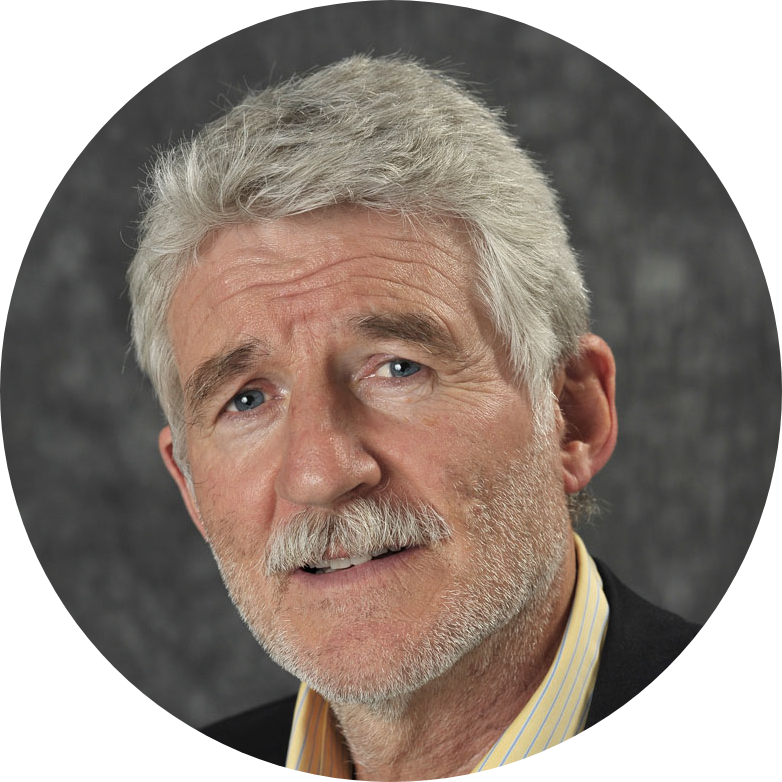
Desmond McNeill is former Director of the Centre for Development and the Environment (SUM) at the University of Oslo, Norway. His books include: The Contradictions of Foreign Aid, Routledge 1981, reissued 2020; Development Issues in Global Governance: Market Multilateralism and Public–Private Partnerships (with B. Bull), Routledge, 2009; and Global Poverty, Ethics and Human Rights: the Role of Multilateral Organisations (with A. St. Clair), Routledge, 2012.He was a member of the Lancet–University of Oslo Commission on Global Governance for Health and is currently a member of the International Panel of Experts on Sustainable Food Systems.
Cover image: by fdecomite on Flickr
